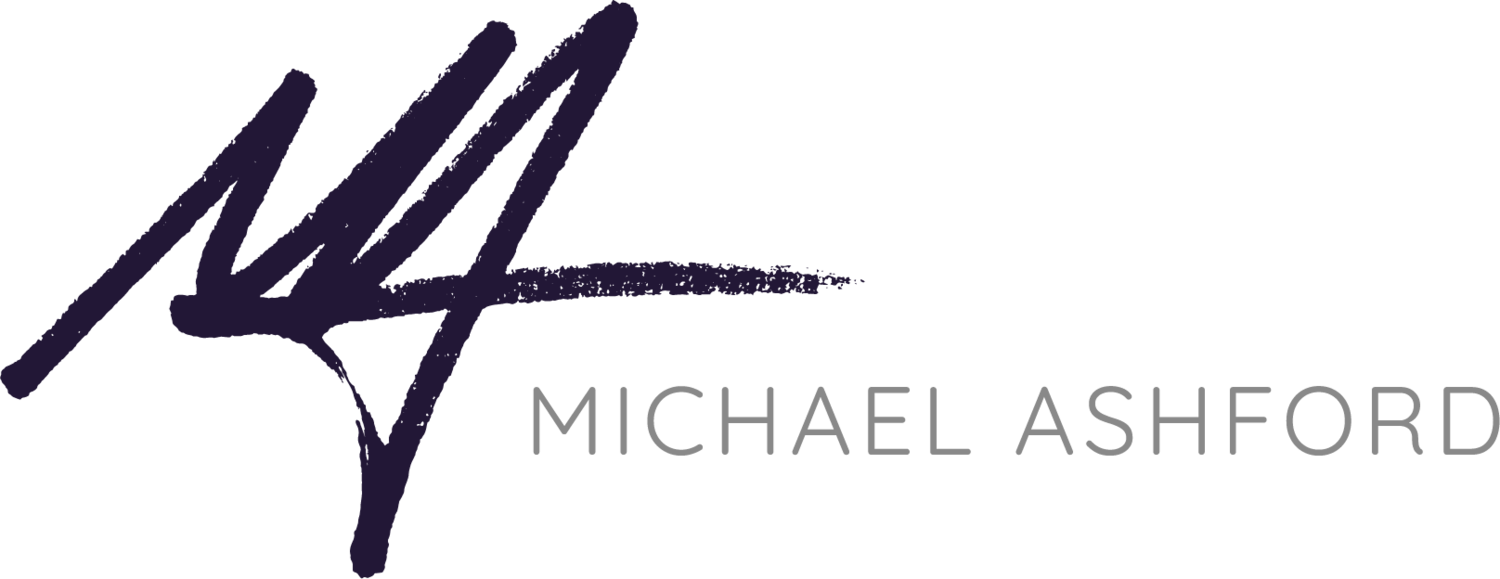Doing the work of establishing trust
Do you get mad and frustrated when someone else refuses to see an issue from your point of view?
If so, it’s often because you’ve skipped over the important work of establishing trust.
Do you understand how difficult it is for someone to even acknowledge a differing opinion or viewpoint these days?
For many of us — and yes, I’m including myself — just admitting that a different reality might exist makes us feel incredibly vulnerable.
We’ve been fed this false duality of choice on so many issues.
You’re either this or that. And if you’re this, you have to be totally against that. And to be against that means you must completely deny that’s existence or truth.
“You're either with us or against us.”
I know of so many people who have lost their friends, their families, their communities simply because they dared to engage with someone who believed differently than they did.
Seeing it “your way” carries deep consequences.
And if you haven’t established trust, you can forget about ever sniffing a nuanced conversation.
“But Michael, I can’t even get them to agree with me on basic facts! How can you reason with someone like that?”
We are a self-preserving species, and in the absence of trust, the person across from you will believe you’ll use facts to damage them in some way.
Damage their beliefs. Damage their ego. Damage their “truth.” Damage their standing within the communities with which they identify.
You’re full of certainty and a desire to change their mind.
They’re skeptical, defensive, and trying to avoid cognitive dissonance (the mental conflict that occurs when reality doesn’t align with what they believe to be true).
In these instances, you must ask yourself: Have I proven that this person can trust me with this conversation?
If not, then guess what?
You’ve got work to do.
And that work begins with setting aside your certainty, your need to be right, your desire to win, and your goal of changing minds.
Instead, you’ve got to get curious, and you’ve got to be a bold question-asker.
When someone feels that rather than change them, you’re trying to understand them, well, that builds trust.
And trust must be present for true dialogue to begin.
Interested in improving your communication skills and presence? Learn more about what it’s like to work with me as your communications coach.

